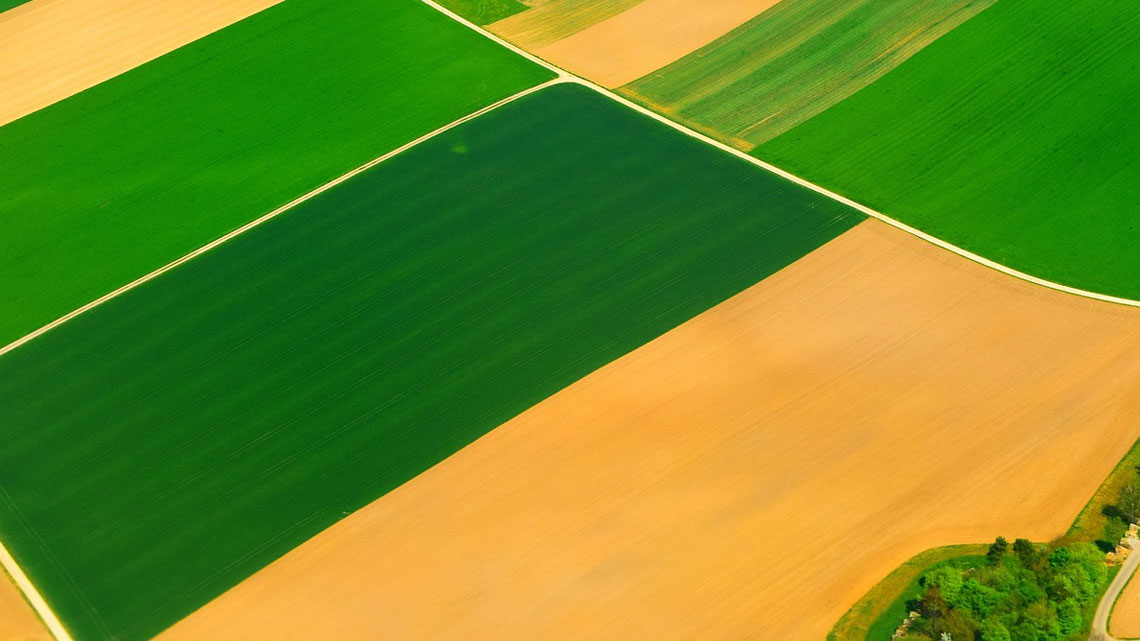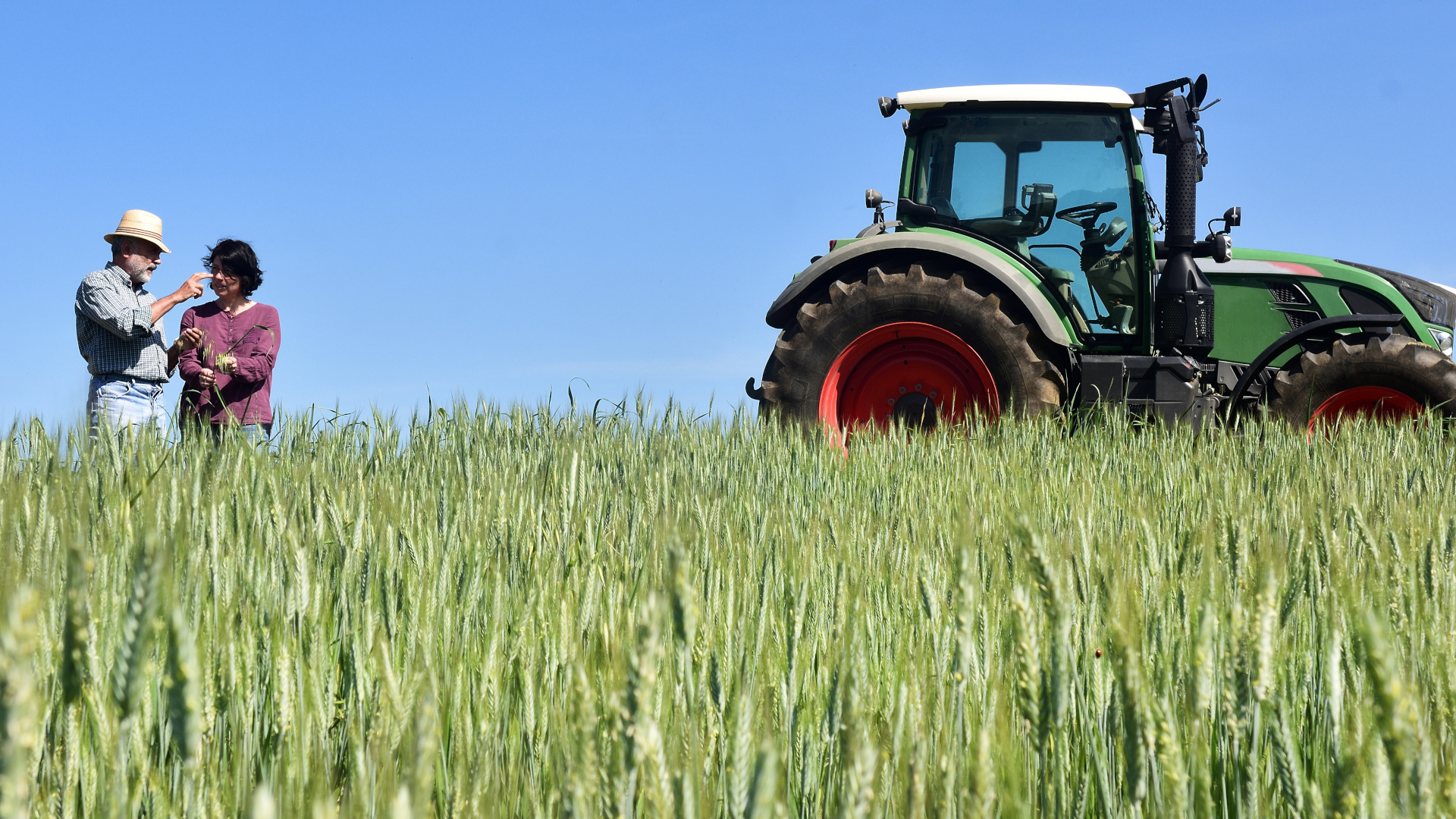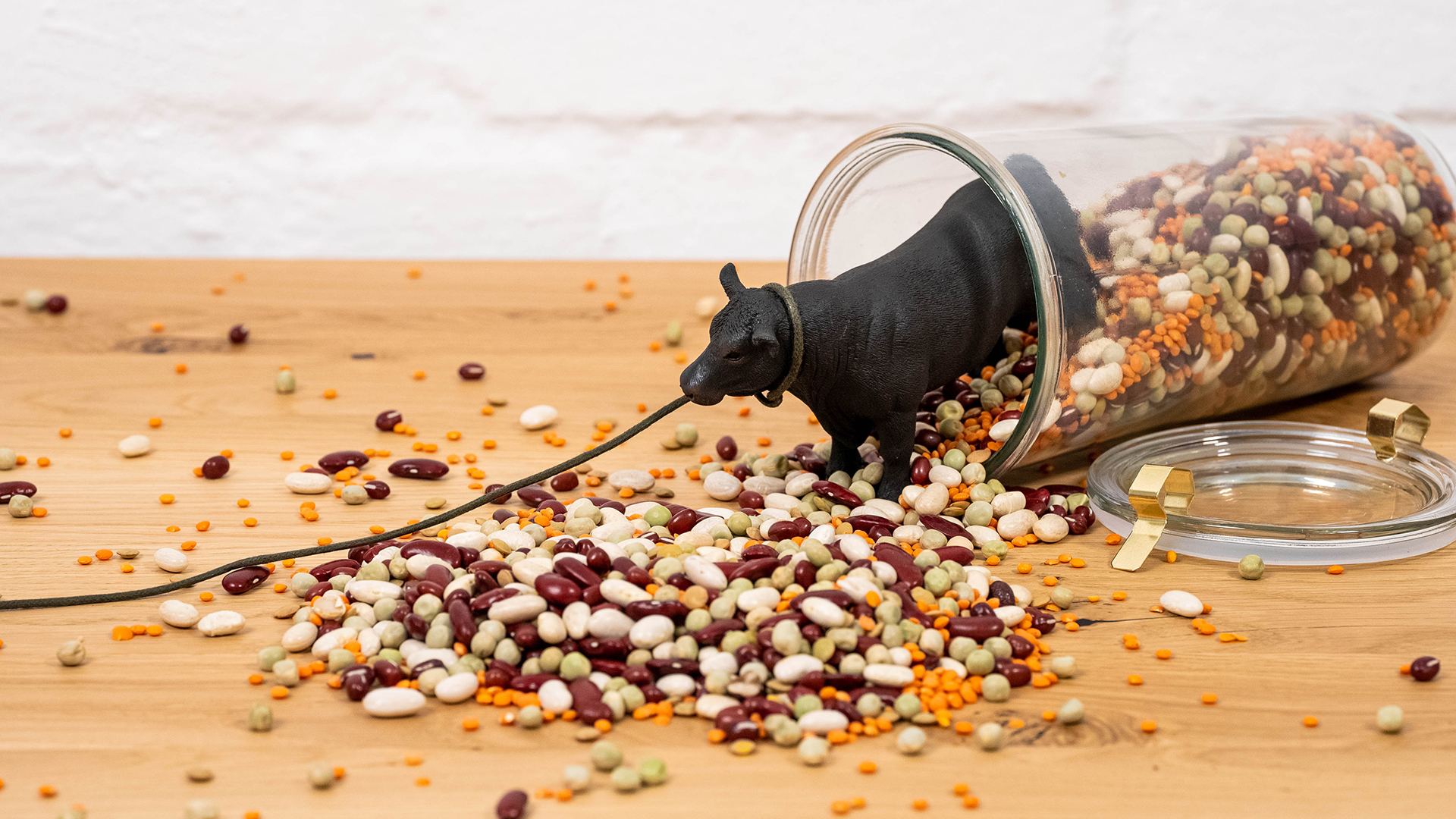Soil Atlas 2024: Fertile soils are becoming scarcer
Soils are a key resource for the bioeconomy. However, climate change and industrial agriculture have damaged around 60% of soils in Europe, as the recently published Soil Atlas 2024 reveals.

Soils are a vital resource and indispensable for ecosystems, climate and people. They not only store large amounts of carbon and water, but also provide plants with nutrients and people with food. However, industrial agriculture and the consequences of the climate crisis are putting soils under increasing pressure. According to a recent study, more than a third of agricultural land worldwide is degraded, in the European Union even more than 60%. This is according to the latest Soil Atlas published by the Heinrich Böll Foundation, which is close to the Green Party, the German Federation for the Environment and Nature Conservation (BUND) and TMG Think Tank for Sustainability (German publication: "Bodenatlas 2024").
Refocusing political efforts on soil protection
"We need healthy soils in order to adapt to the climate crisis," emphasizes Imme Scholz, Director of the Heinrich Böll Foundation. As land is becoming an increasingly scarce resource worldwide, there is an "urgent need for coordinated political efforts to protect the soil", "which consider the various forms of use together and are based on human rights", she says.
On a total of 50 pages, the atlas highlights the importance of healthy soils for humans and nature, the extent to which the resource is contested worldwide and why intact soils are so important for climate protection and adaptation to the climate crisis. The study shows that desertification is also on the rise in Europe. "Thirteen EU member states are now affected. And not just southern Europe, but also countries with temperate and humid climates such as Hungary and Bulgaria. In Germany, at least a fifth of agricultural land is suffering from severe soil erosion," says Scholz.
Soil loss due to overfertilization and sealing
In addition, the soil is under pressure primarily due to over-intensive agriculture with excessive use of mineral fertilizers and chemical pesticides as well as sealing. According to the report, 55 hectares of soil are lost nationwide every day for settlement and traffic areas. The drainage of moors is particularly problematic. According to the study, the use of drained peatlands will release more greenhouse gases in 2021 than German industry. Another problem is the unfair distribution of land in many countries around the world, which leads to poverty and hunger.
Supporting soil protection and promoting sustainable use
In addition to data and facts on the current state of soils, the Soil Atlas also provides initial answers on how long-term soil protection in agriculture can succeed and which political framework conditions need to be created for this. "Politicians must protect soils better, also with a view to the enormous biodiversity," says BUND Chairman Olaf Bandt, referring to the large number of soil organisms that live in one hectare of land alone. "Nationally and internationally, new ways must be found to protect and use soils sustainably," the authors appeal.
An effective concept to stop hunger, the climate crisis and species extinction would be "agroecological methods" that can sustainably promote soil fertility. In addition, farmers should be supported in soil protection and soil-improving measures should be specifically promoted.
Bodenatlas 2024
The Soil Atlas 2024 provides more facts and figures as well as solutions for protecting this vital resource.
Establishing soil protection legally
The authors write that sustainable land use must not remain lip service, but must be implemented in practice. Soil, like water and air, must be treated as a legally protected resource and used efficiently and sustainably like other limited, non-renewable resources. "The amendment of the Federal Soil Protection Act must clearly emphasize precautionary soil protection, and the Common Agricultural Policy as an EU funding instrument must also reward ecosystem services for soil more strongly in the future," says BUND Chairman Olaf Brandt.
bb


